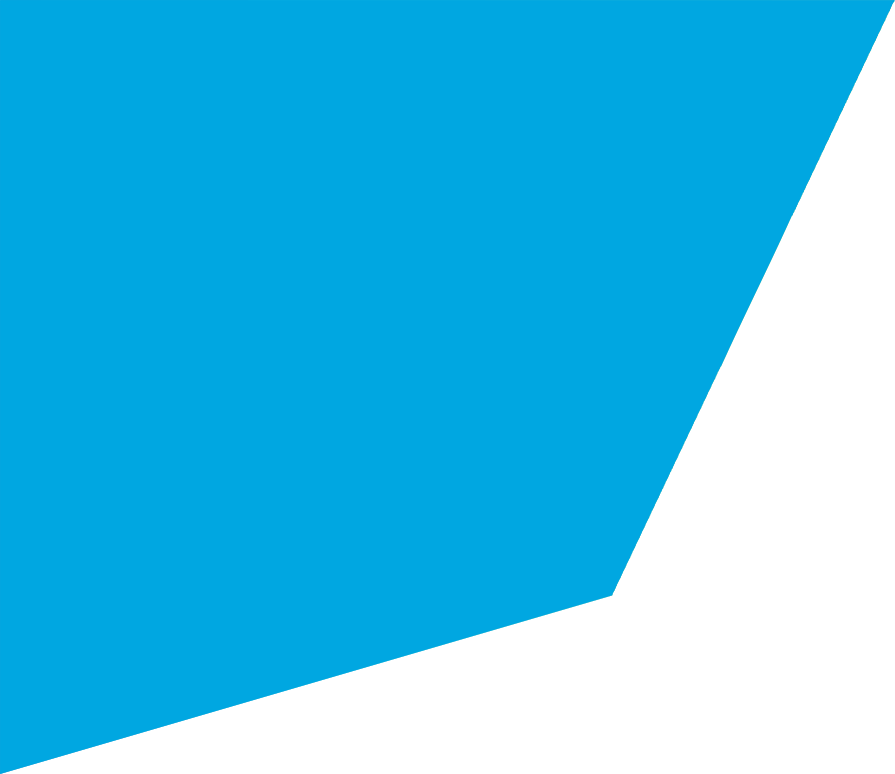Georgia works with people with disability to deliver disability awareness training to help public service organisations be more responsive to community needs.
Georgia is employed as a speech pathologist, but no longer does one-on-one therapy helping people with communication disabilities, which range from hearing disorders and speech impediments to developmental and learning disabilities. Instead, she works alongside people with disability to develop education programs to help make communities more accessible.
“Without the confidence to engage with people with communication disabilities, frontline customer service staff might have to rely on the support worker or the family of the person with disability, who usually just want the same kind of interactions as anyone else.”
Georgia started her career working at a government specialist school for children and teenagers with physical disability and complex communication needs.
From this work, she realised that some of the challenges a person with disability might face when trying to interact in their community could also be addressed by educating people and organisations, rather than relying solely on traditional therapy.
“For example, going into the local fish and chip shop or supermarket, or using public transport – we would work to build their confidence and develop skills, giving them tools, like a tablet with communication apps or a picture board. But then the interaction might fall flat, because the person providing the service didn’t know what the person with disability was trying to do or how to respond respectfully,” she says.
“It struck me as a knowledge gap within the community, which can be as much of a communication barrier as any disability.”
Changing attitudes and increasing awareness to encourage better understanding of people with disability is something Georgia is passionate about.
Georgia’s employer is supporting her to undertake further studies and she sees the area of communication access as defining her future career path.
“It’s a larger goal of building confidence, so that people can interact more successfully and there is a greater level of respect and equality. That’s my passion and where I want to go with my career.
“When I tell people about my work, they often qualify their initial enthusiasm with statements like, ‘it must be so challenging.’ But for me, the challenges are offset by the fun and the deeply rewarding, satisfying aspects of the job.”
Georgia’s story is one example from the many organisations and individuals dedicated to supporting people with disability in Victoria. Organisations may offer services and work opportunities that differ from those described here.
Disability careers: Work that matters
Whether you want to work full time or just a few hours a week, disability support work offers a wide range of roles and more ways to make a difference in someone’s life. Find work that matters.
Updated

